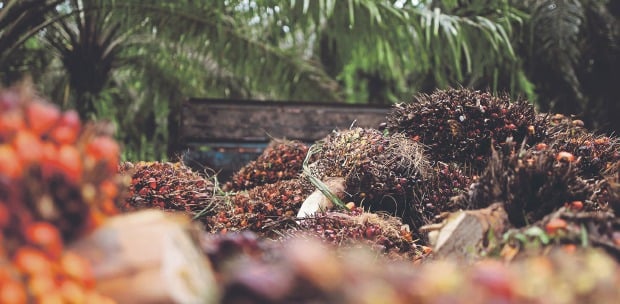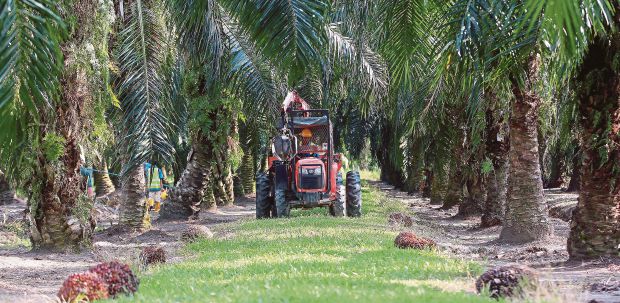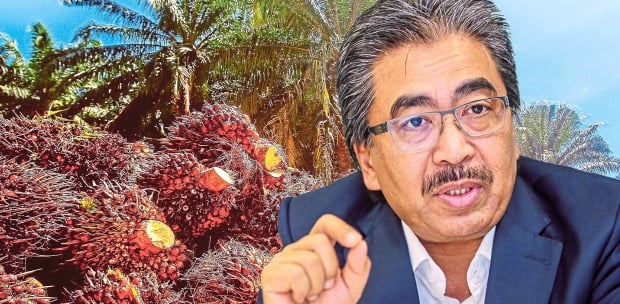KUALA LUMPUR: Kuala Lumpur Kepong Bhd's (KLK) net profit decreased 28.8 per cent to RM558.27 million in the third quarter (Q3) ended June 30, 2022 from the RM783.94 million recorded in the same quarter a year ago.
In a filing to Bursa Malaysia today, the plantation company said this was mainly due to the following non-operational gains which were included in the previous year's pre-tax profit under corporate income.
It said excluding the non-operational gains, its current pre-tax profit would be 20.4 per cent higher at RM753.7 million versus RM626.1 million supported by an increase in revenue.
KLK said in Q3, its plantation segment reported a substantial increase in profit to RM594.3 million (Q3 FY21: RM402.9 million) driven by higher crude palm oil (CPO) and palm kernel (PK) selling prices realised as well as profit contribution from newly acquired subsidiaries.
The segment also recorded a higher unrealised gain from fair value changes on outstanding derivative contracts.
However, this segment's profit was partially offset by higher CPO production cost and a fair value loss of RM56.4 million on the valuation of unharvested fresh fruit bunches.
Its revenue in Q3 increased 34.6 per cent to RM6.96 billion from RM5.17 billion.
For the nine-month period, KLK's net profit increased 4.4 per cent to RM1.7 billion from RM1.63 billion, while revenue surged 44.3 per cent to RM20.17 billion from RM13.98 billion.
KLK said CPO prices had recently fallen from historical highs, triggered by global recessionary fears and the backlog of CPO stockpiles in Indonesia.
"However, the supply of vegetable oils globally is still tight and prices are expected to be supported at current levels.
"Apart from the softening commodity prices, the operating environment for the plantation sector in the next quarter will be challenging with supply chain disruptions and inflationary pressures on fertiliser, agrochemicals and fuel prices," it said.
KLK said it has taken steps to mitigate these risks by continuing its efforts to aggressively boost productivity and enhance its mechanisation programmes.
"Plantation profit is expected to improve in FY22, driven by higher CPO and PK prices as compared to the previous year.
"In the manufacturing segment, raw material price volatility, high energy costs and persistent logistic issues continue to pose challenges for the remainder of the current financial year.
"Nevertheless, the group expects the segment's performance to be satisfactory, supported by its ability to consistently deliver high-quality and sustainably produced ingredients in a tight supply environment.
"Overall, the group expects to deliver a favourable set of results for FY22," it said.





